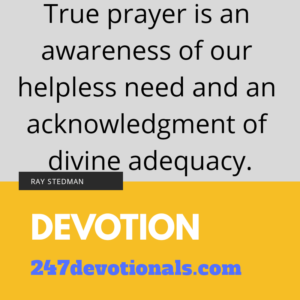Table of Contents
Topic:The Folly Of Platitudes
If you put away the sin that is in your hand and allow no evil to dwell in your tent, then you will lift up your face without shame, you will stand firm and without fear.
Job 11:14-15

Zophar the Naamathite comes onto the scene. (I call him Zophar the Zealous.) He moves up to bat, and he opens with a scorching rebuke to Job’s sinful folly, as he sees it. You can almost see Zophar shaking his fist in righteous indignation in Job’s face. He accuses Job of wordiness, of foolishness, of mockery, of self-righteous smugness. He says that Job’s punishment is richly deserved, that he is only getting what is coming to him—and not even all of that. What a lack of compassion this man shows!
He goes on to describe Job’s stupid ignorance in contrast to God’s deep wisdom and inscrutable ways. Anybody as stupid as you, Job, will never get any help. He lays it on, heavy and hard. Then he closes with a vivid description of the shining possibilities that can be ahead, if only Job will repent.
Once again, there is no identifying with Job’s hurt. There is no sense of empathy, of trying to feel with him the awful torment of mind and spirit that presses him, squeezes him, and drags from him these agonizing cries into the darkness around. These men just lay it on him. They see only the cold, analytical logic of it. Zophar, of course, speaks with a great deal of passion and force, but there is no sense of offering understanding help. He simply lays on a passionate invective.
This is the difference between theology and the experience of a man taught by the Spirit. Theology can be very clear and right, but it is all in the head. When you are dealing with a person who is hurting, you must add a deeper dimension—that compassion that Jesus manifested, His sympathy for and identification with hurting people that would prompt them to open the door of their spirits to receive the light He gave through His words.
The first round ends with Job’s sarcastic defense in chapters 12-14 and his answers to his friends. Job points out that they deal with elementary truths, things that anybody could know: You haven’t helped me. Anyone knows this. You don’t understand because you’ve never been here. You tell me God always punishes unrighteousness, but look around you. There are open idolaters who carry their idols in their hands. There are robbers living at peace who dwell secure. God is not punishing them. Life itself testifies that you are wrong.
Surely, if nothing else, this book of Job should help us to be careful in our approach to the suffering of others, so that we do not add to it. These friends of Job are so rigid in their theology and so blind to the great dimensions of God that they do not yet understand that they are only increasing the torment of this poor man. This is why Scripture exhorts us to Rejoice with those who rejoice, [and] weep with those who weep (Romans 12:15 RSV).
Life Application
How do we humbly present ourselves to those who are suffering or in difficult circumstances? Do we seek to offer them Jesus’ compassion or theological theories?
